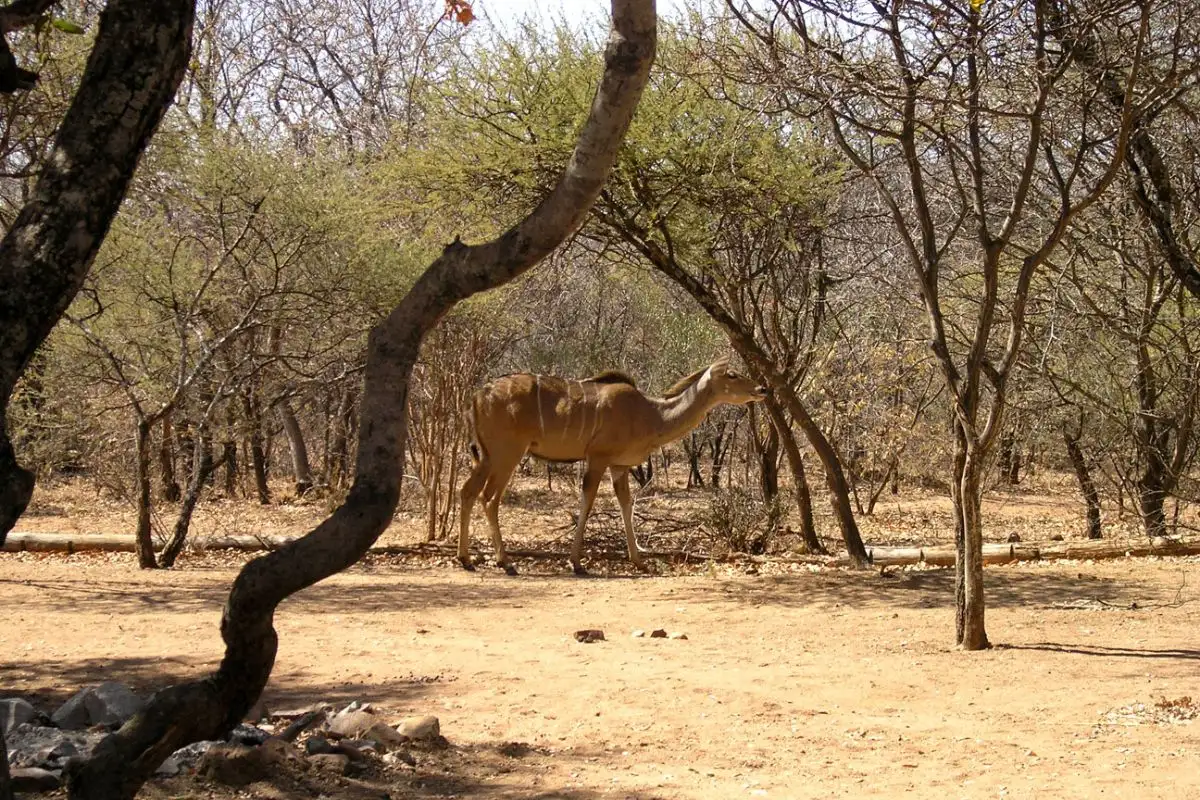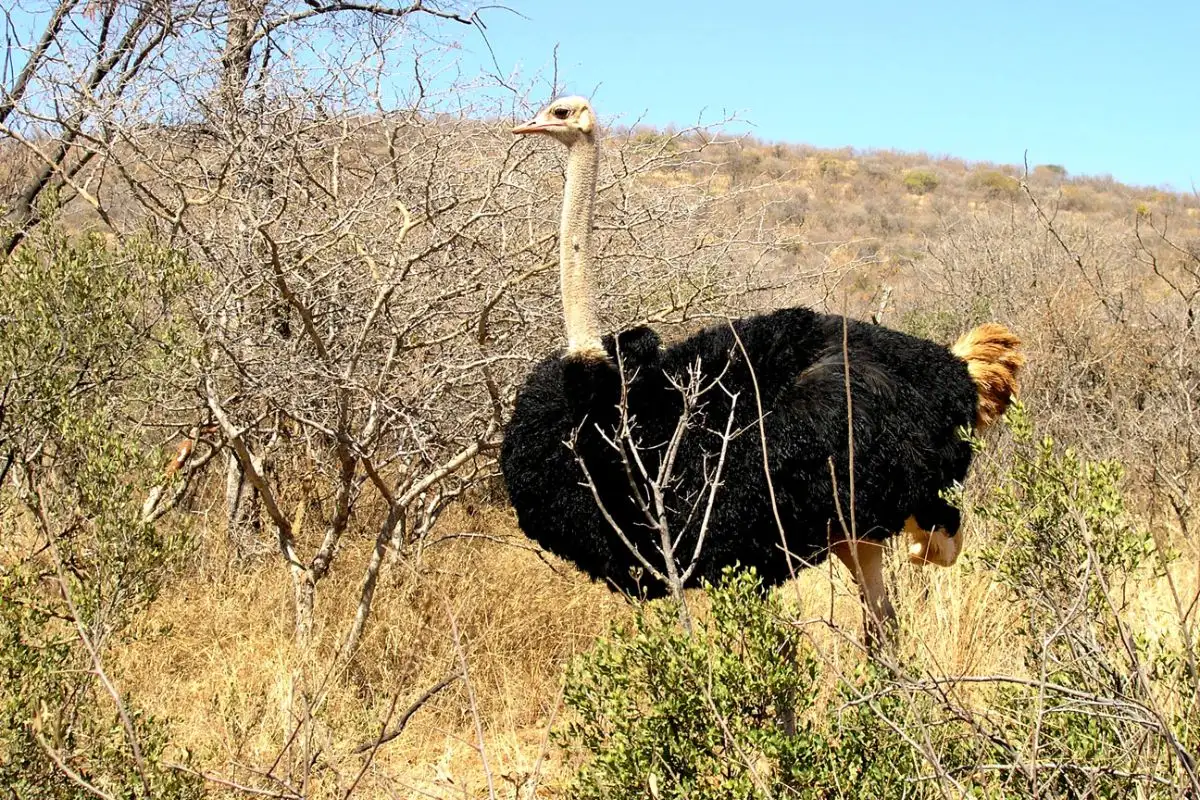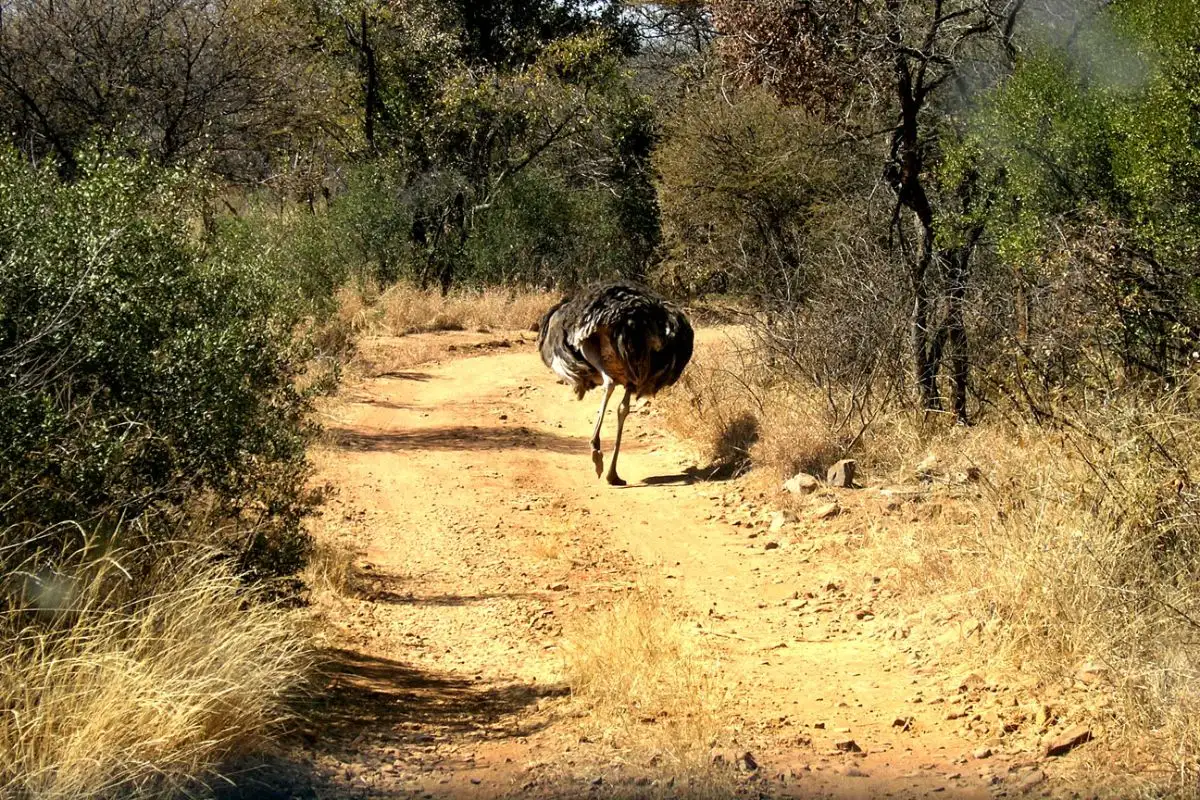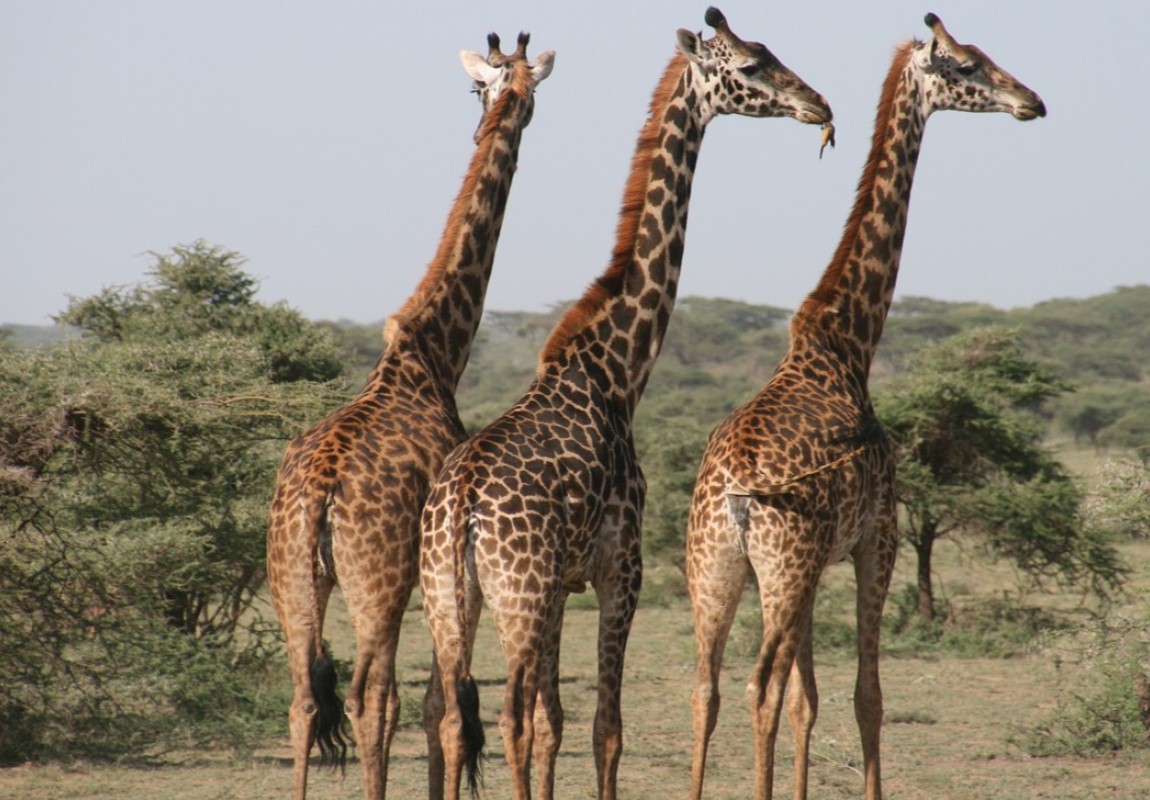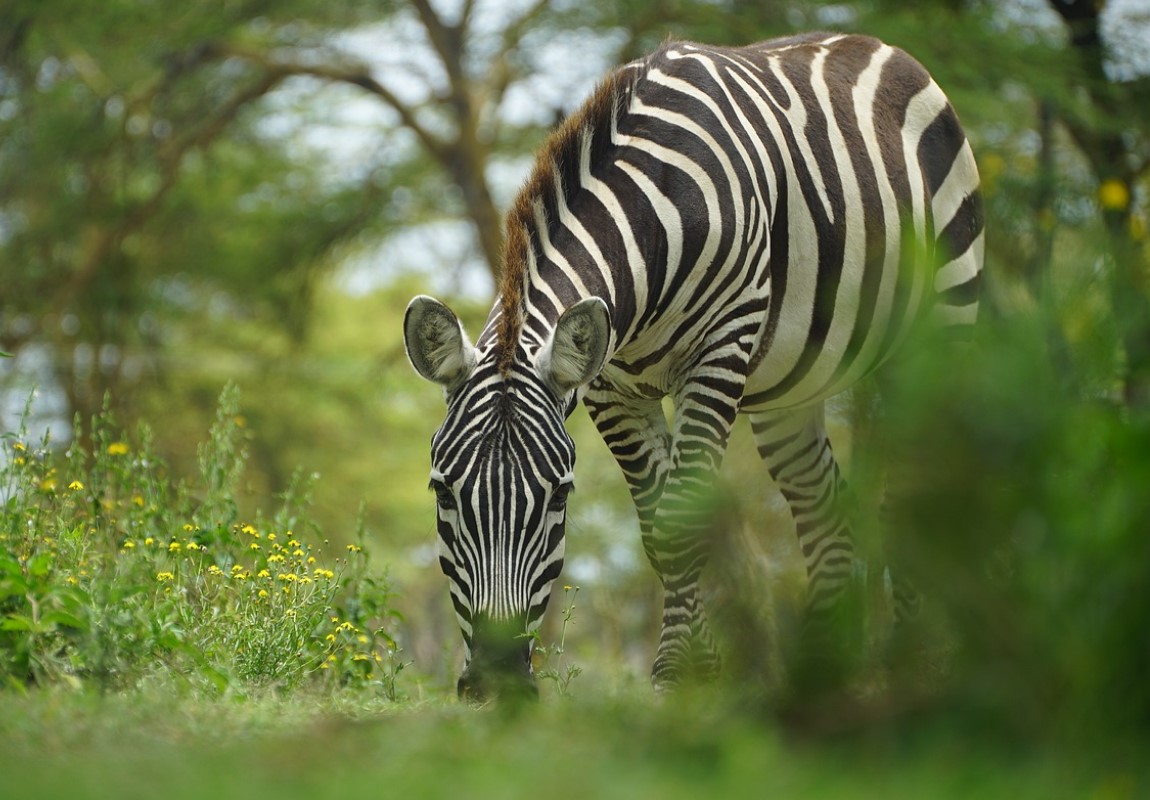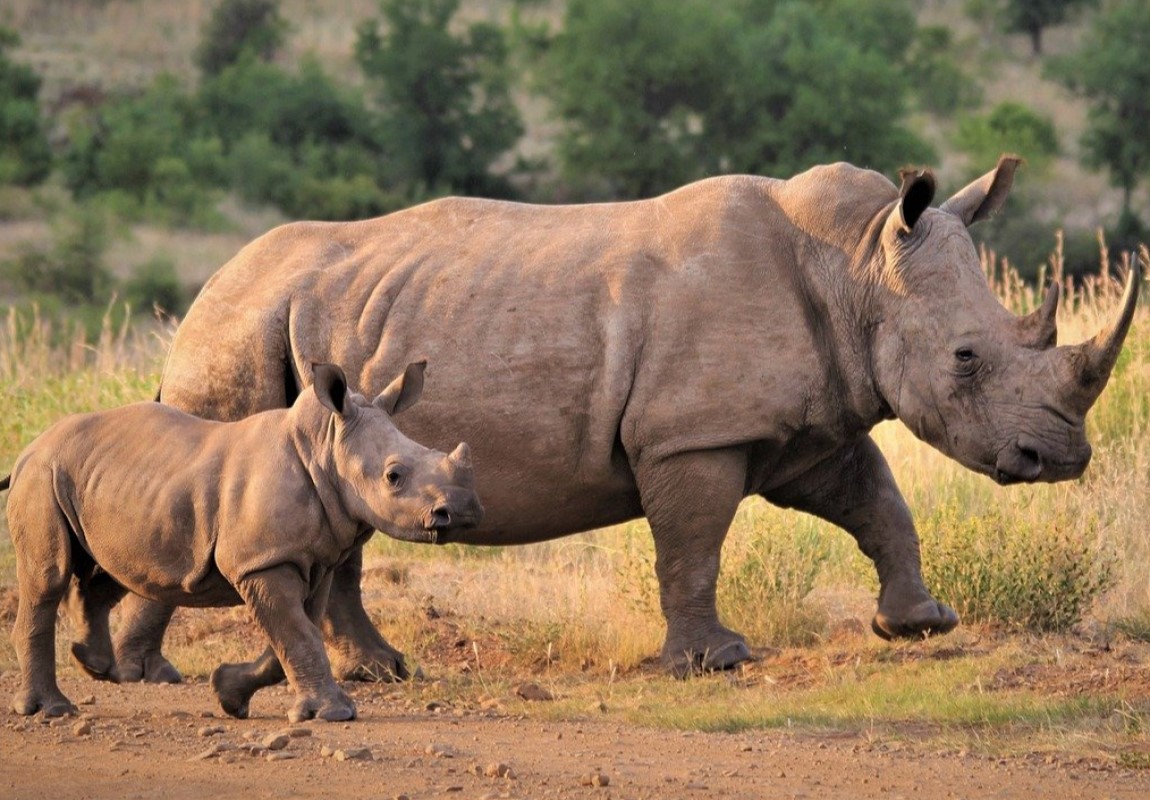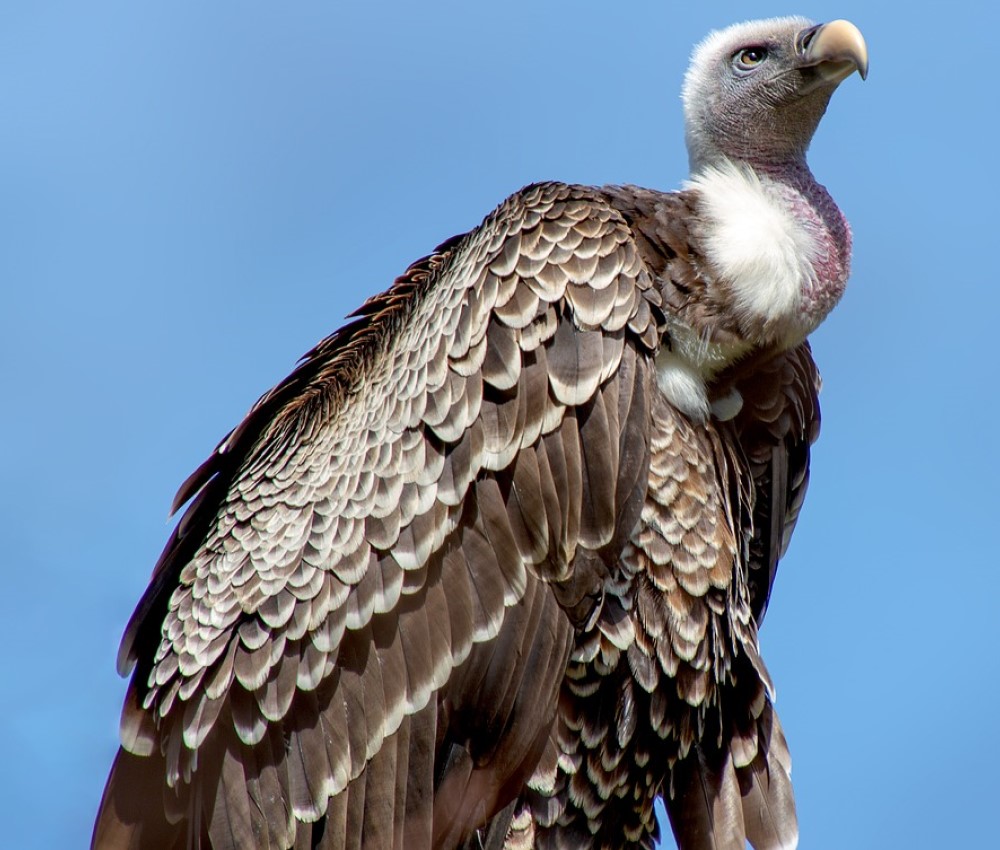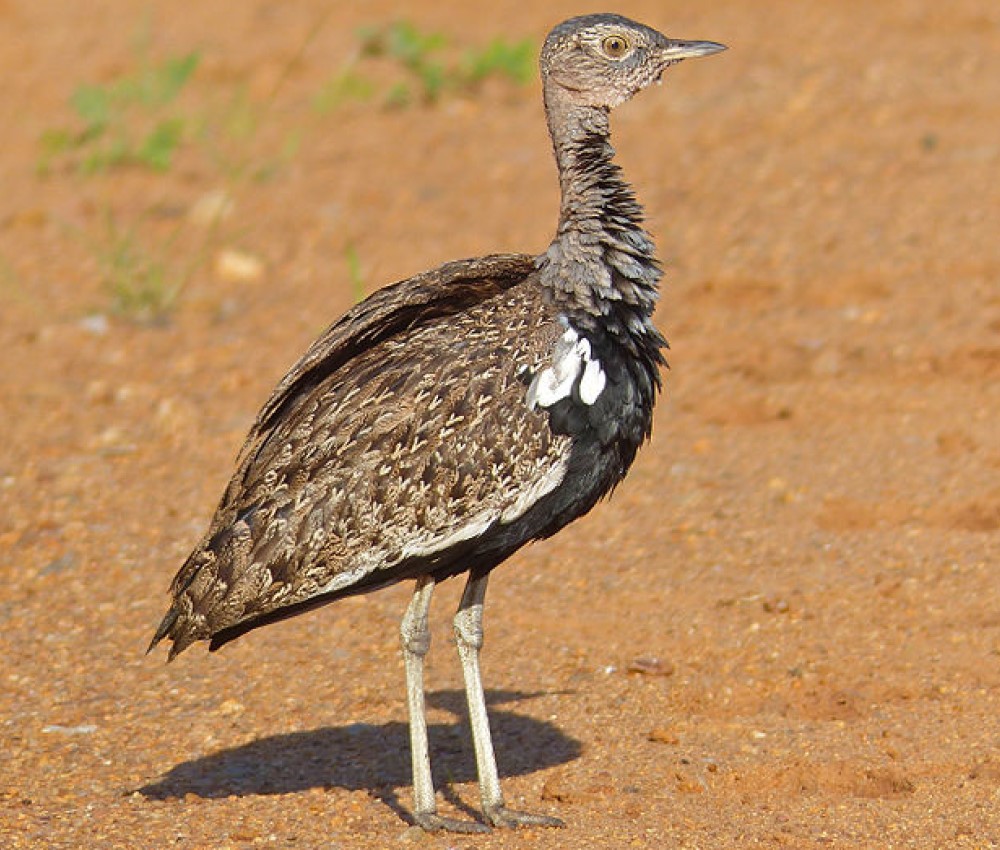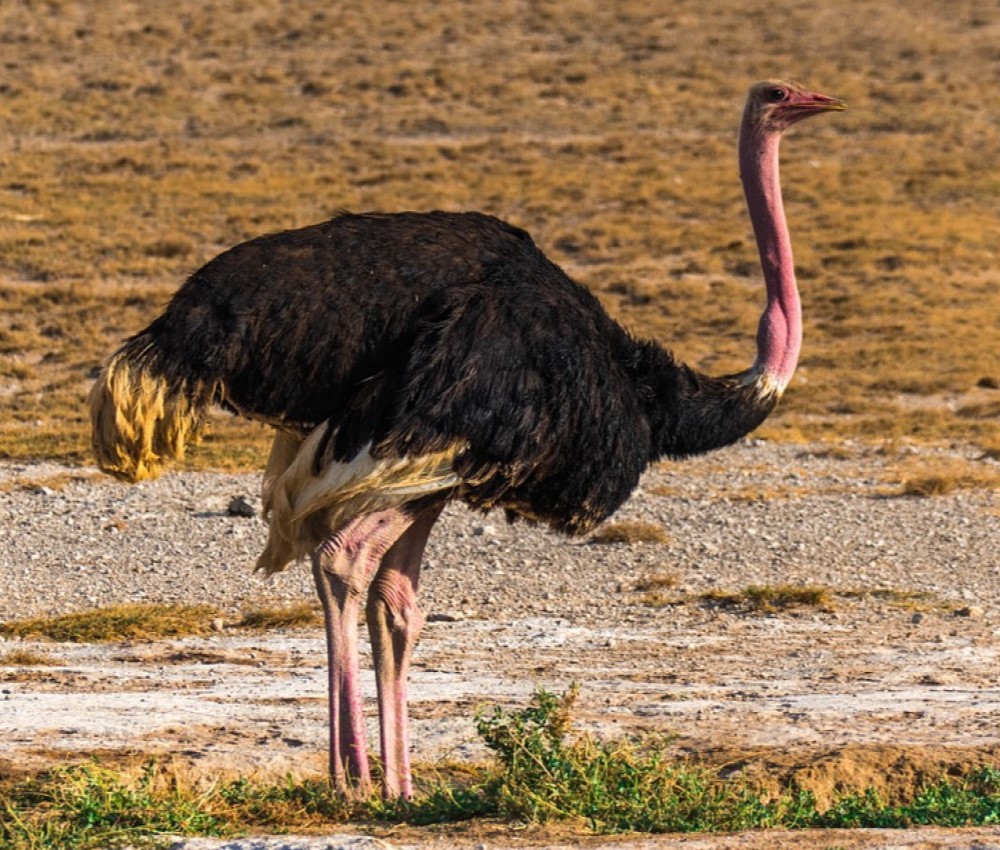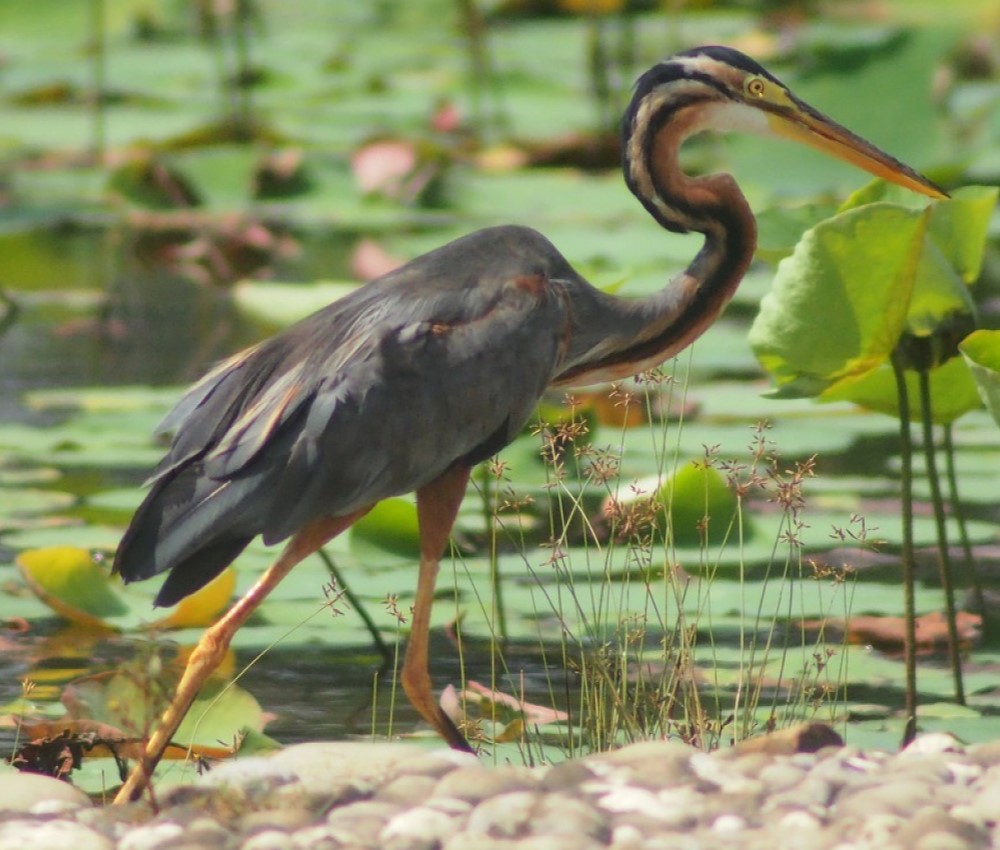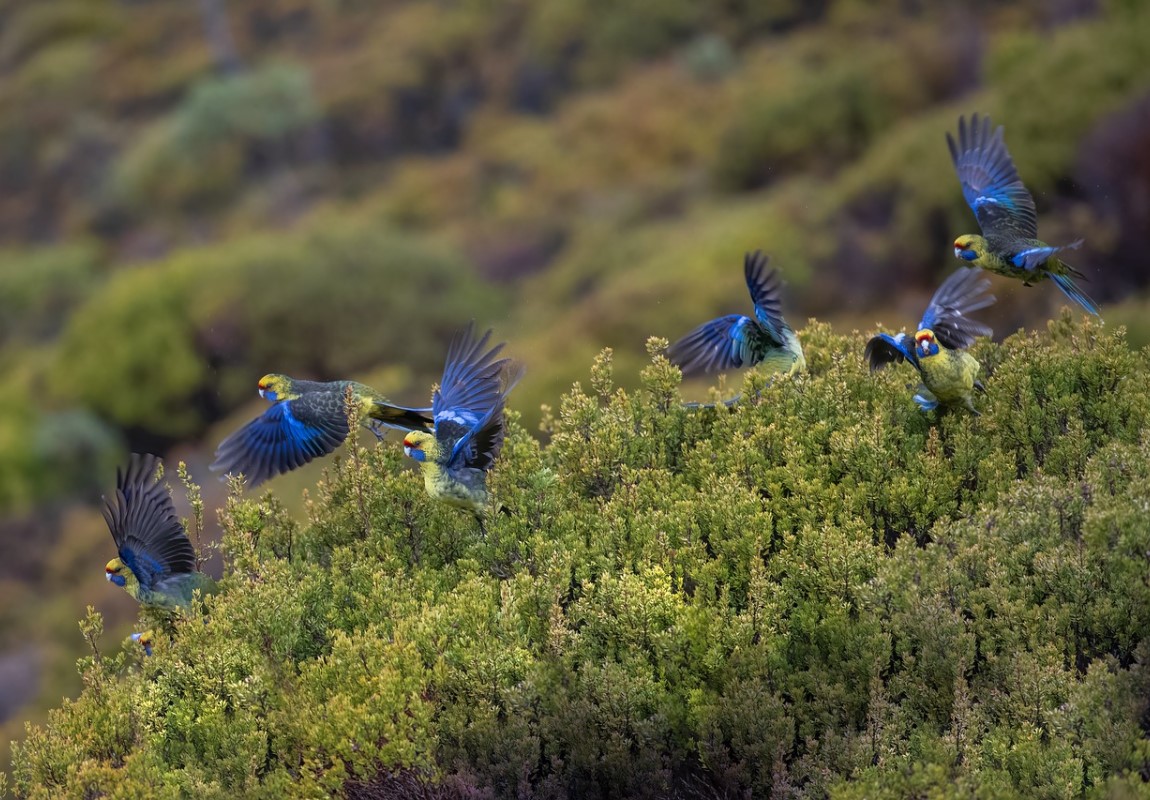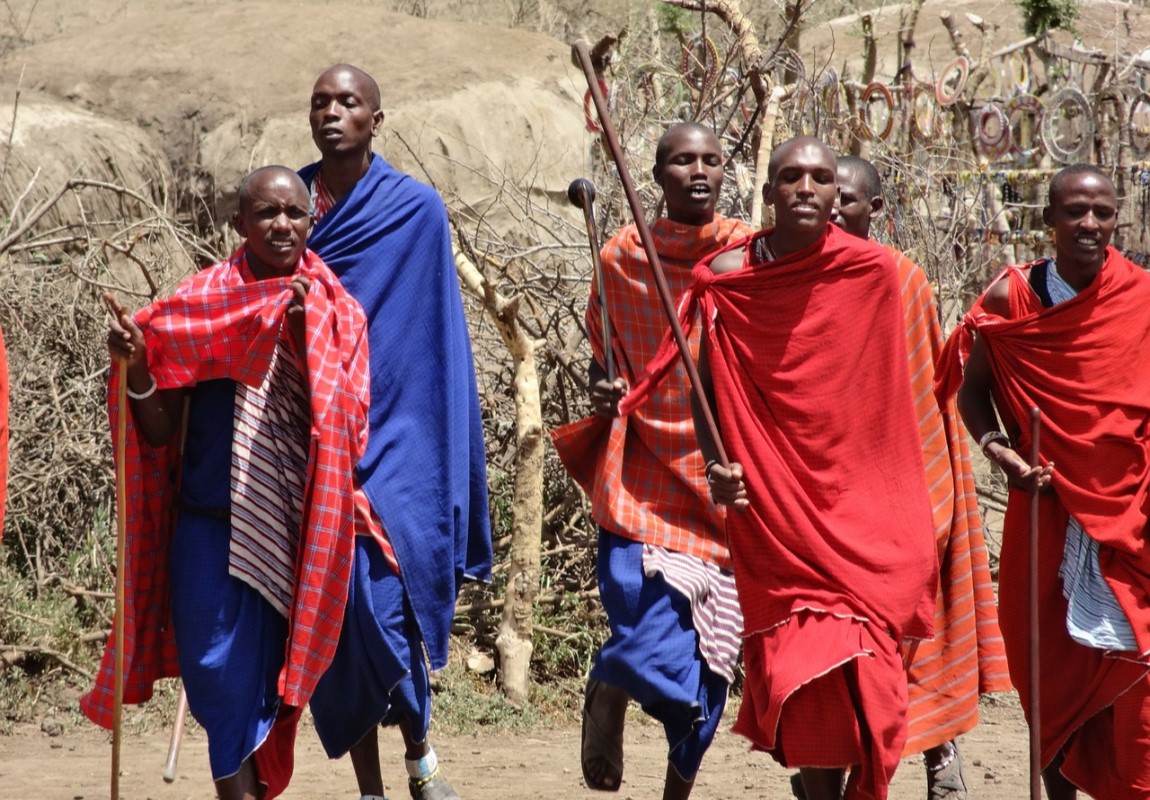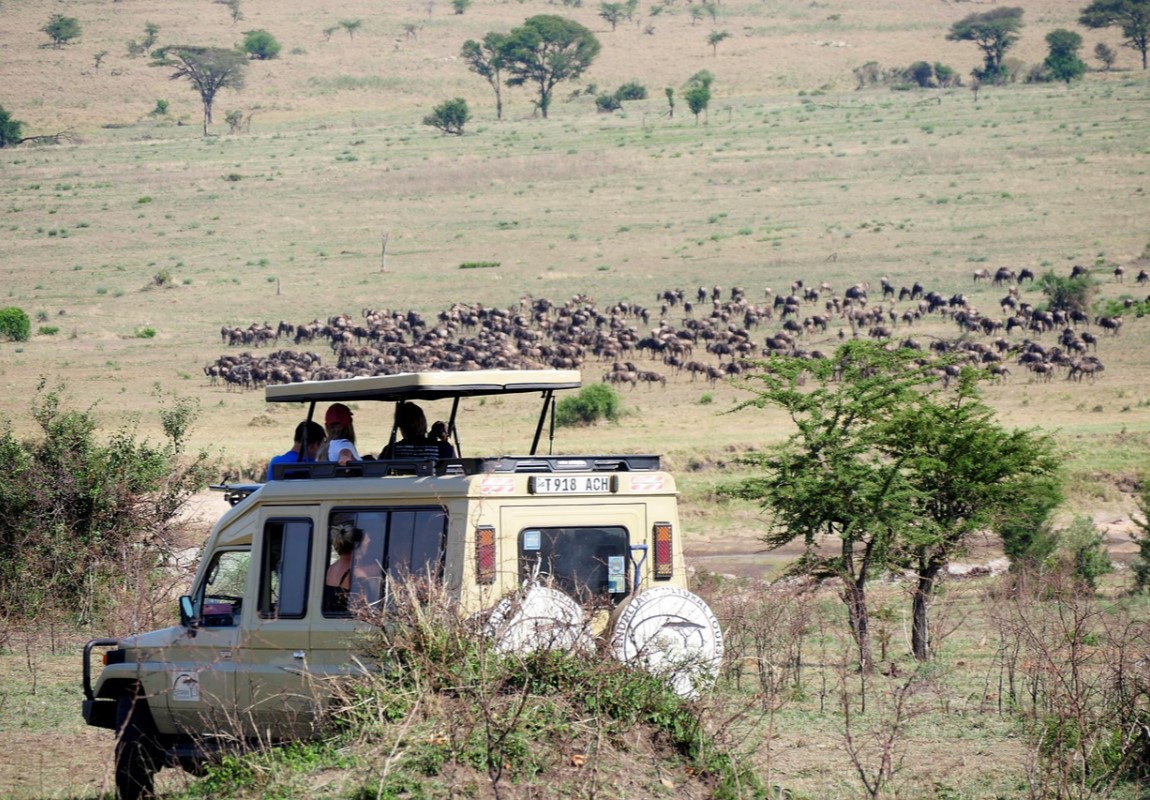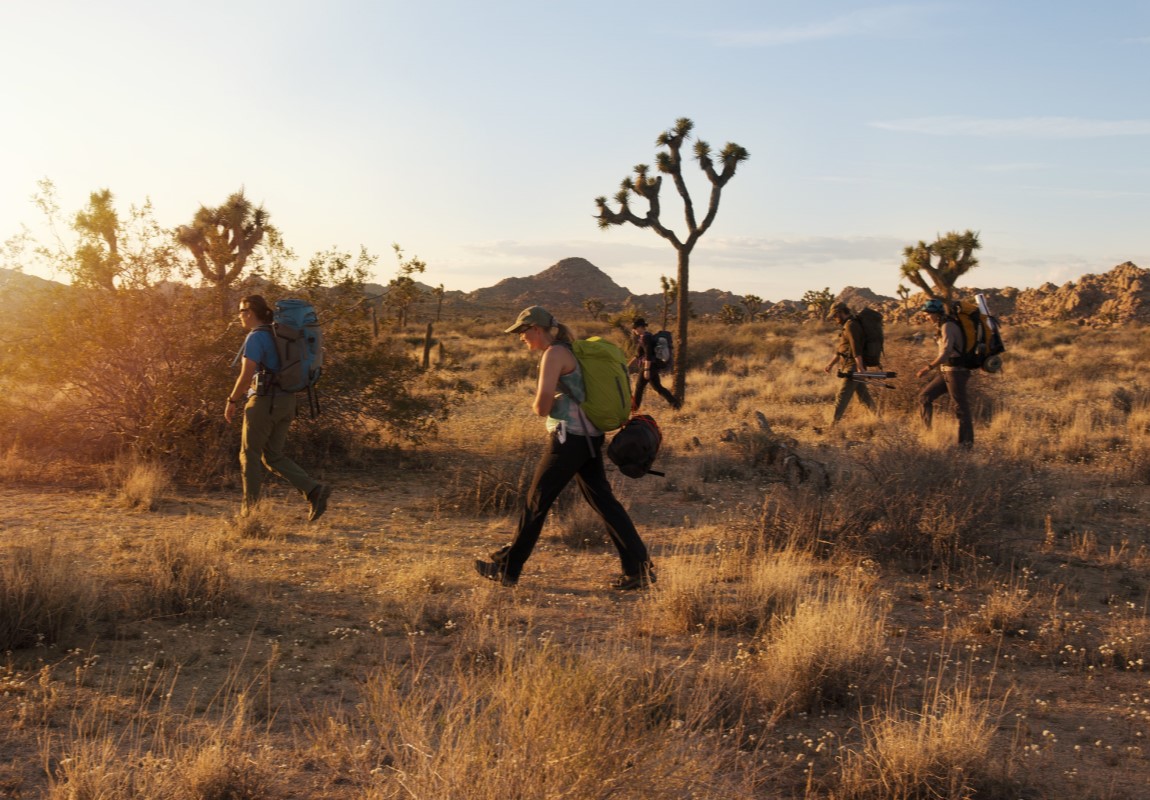Mokolodi Nature Reserve 
Mokolodi Nature Reserve - Botswana Wildlife Destination
Starting from
$380PP
Overview
Mokolodi Nature Reserve is a private not-for-profit game reserve on the outskirts of Gaborone in southern Botswana. The nature reserve is possessed by a wide assortment of native African game, bird and reptile species, some of which are rare and vulnerable to the threat of extinction. The southern white rhinoceros herd at Mokolodi Nature Reserve is essential for a national breeding programme, which adds to the rebuilding of the national herd in Botswana. Day visitors can drive themselves in the reserve, or book a two-hour, open-vehicle day or night drive.
Pros & Cons
- One day trip from Gaborone
- Very affordable
- Self-drive and Guided drives are available
- Cycling on 3 mountains bike tracks available
- Bush breakfast and barbecues
- Rhino & Giraffe Trackking
- Amazing photography opportunities
- More an intricate zoo than a wildlife reserve
Map in Botswana
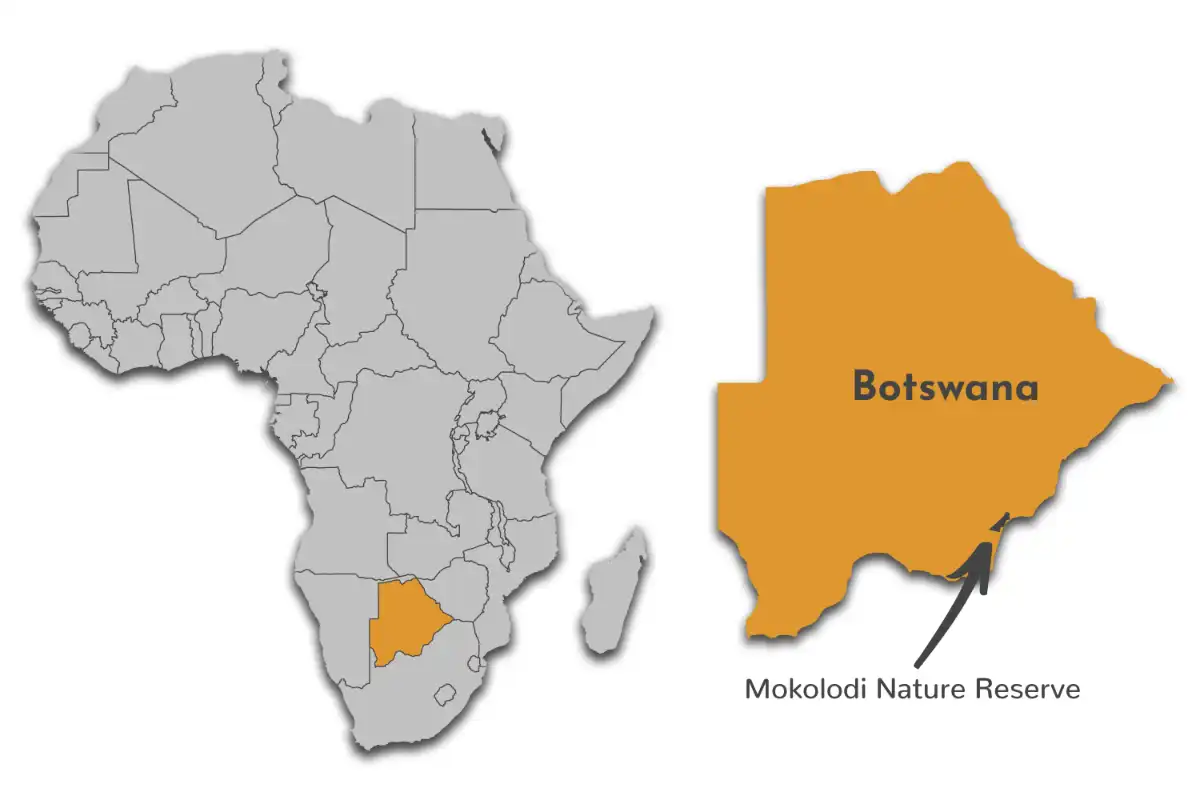
Want to Visit Mokolodi Nature Reserve?
Gallery Images
Explore the stunning beauty of Mokolodi Nature Reserve through our curated collection of photographs showcasing its landscapes, wildlife, and natural wonders.
Want to Visit Mokolodi Nature Reserve?
Wildlife & Animals
Mokolodi is more an intricate zoo than a wildlife reserve. However, the reserve contains many species of wildlife such as giraffe, zebra, southern white rhinoceros, mountain reedbuck, red hartebeest, gemsbok, kudu, impala, waterbuck, hippopotamus, Nile crocodile, brown hyena and leopard. The cheetah is housed in a large enclosure within the confines of the reserve.
Wildlife Highlights
The star animals in the park are white rhino and giraffe – both can be followed as an activity and a drive through an enclosure with two cheetahs can also be booked. The two-hour night drive offers an opportunity to see a portion of the nighttime animals in the reserve like a porcupine, wild cat, brown hyena, serval and aardvark.
Best Time for Wildlife Viewing
There isn't actually the best time in particular for wildlife viewing due to the nature of the reserve, similar to the case in the bigger reserves that are essential for the environment. The main thought is the condition of the roads. In case you are self-driving in the reserve, a 4x4 is compulsory in the rainy season from November to April. The reserve sometimes closes from December to March, so it is recommended to check through the authority prior to driving out there.
Want to Visit Mokolodi Nature Reserve?
Birds
Mokolodi offers a great bird-watching experience in the Gaborone region. The guided game drives aren't actually outfitted towards birding, however, if you cruise all over the reserve yourself, you'll get a lot of bird species. Both bushveld and Kalahari specials can be spotted.
Best Time for Birding
Mokolodi Game Reserve is an excellent park for bird watching throughout the year. However, the best time to visit is in the Wet season from November to April, when migratory birds are available. It is also the time when a lot of birds can be seen in breeding plumage.
Want to Visit Mokolodi Nature Reserve?
Best Time to Visit – Mokolodi Nature Reserve
There isn't actually the best time in particular for wildlife viewing due to the nature of the reserve, similar to the case in the bigger reserves that are essential for the environment. The main thought is the condition of the roads. In case you are self-driving in the reserve, a 4x4 is compulsory in the rainy season from November to April. The reserve sometimes closes from December to March, so it is recommended to check through the authority prior to driving out there.
May to September (Dry Season)
- No rains and always sunny
- Roads are in better condition, so driving is easier in the park
- It's cooler in the middle of the day
- Vegetation is thinner, which makes wildlife sightings easier
- Warm clothes are recommended for the morning & evening chill weather
- The sky is hazy with a lot of dust in the air
October to April (Wet Season)
- Plenty of baby animals that attract predators
- Birding is best as migratory birds are present
- The scenery is beautiful and at its most lush
- Even Wildlife viewing is also better
- The park can get crowded during the December in school holidays
- Extreme Hot climate
- Roads become impassable, 4x4 is compulsory if self-driving
- Afternoon Rains can create challenges in planned activities
Want to Visit Mokolodi Nature Reserve?
Activities
Explore popular activities available in and around Mokolodi Nature Reserve.
Want to Visit Mokolodi Nature Reserve?
No FAQs available for this park yet.

 English
English French
French